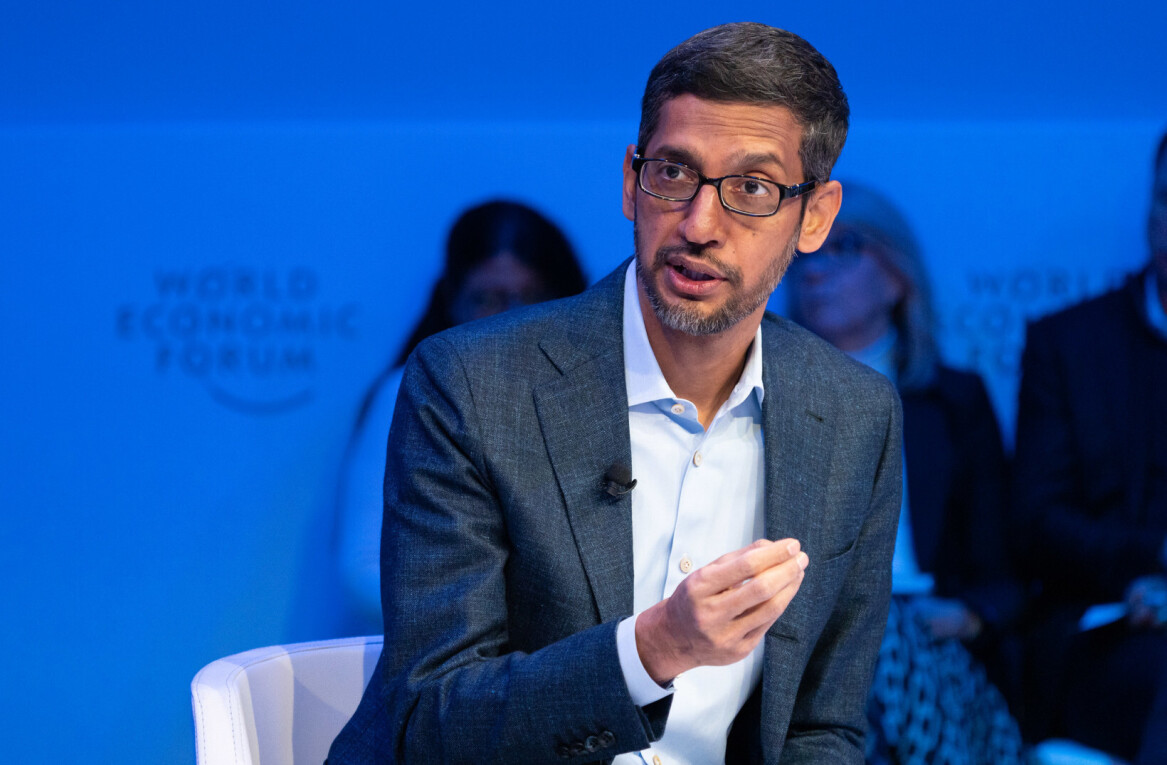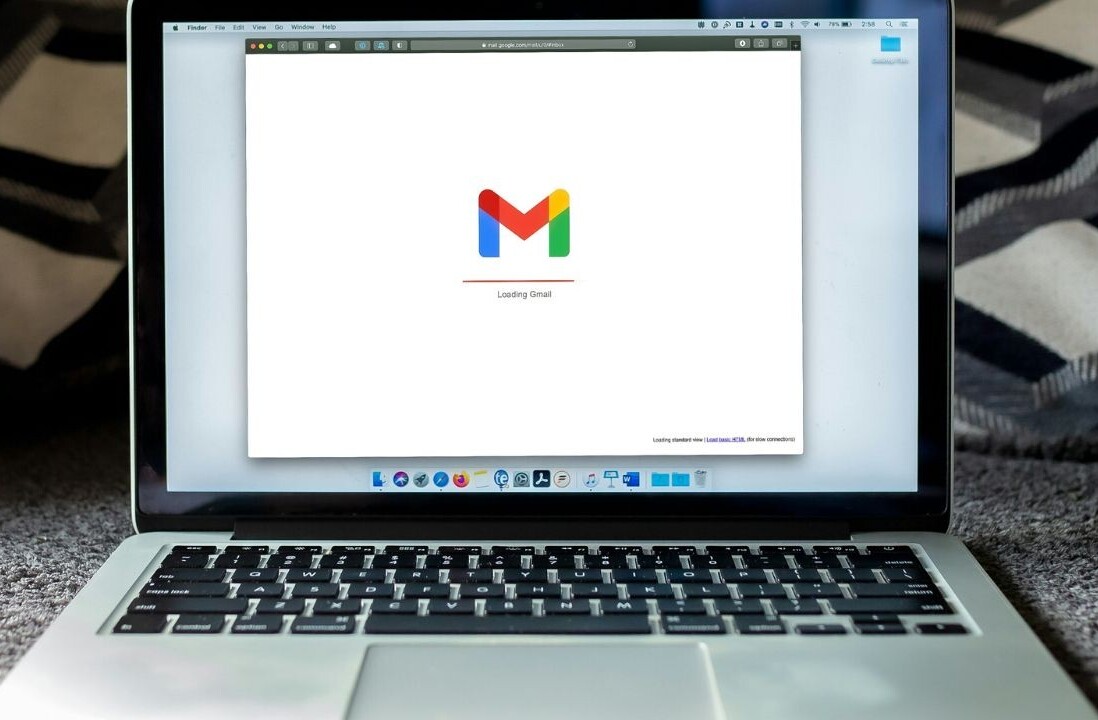
This post is designed to bring a slightly different perspective to Ten Reasons why Google Latitude will succeed from last week. That post touches on some great reasons why Google will succeed with this latest hot entry into Location Based Services (LBS).
If you haven’t looked at it yet, Latitude isn’t really anything specific you have to download or install. Think of it as social networking among your Google friends coupled with Google Maps. It’s simply part of the latest version of Google Maps, and supported on a number of platforms. Here’s a screenshot from my Blackberry.
Latitude Raises the Bar
The idea of location based services isn’t something new by any means. Mobile phones have always had the triangulation potential of cellular service as one means of identifying location. Today’s devices couple that with WiFi access points and a variety of flavors of network-assisted GPS technologies to provide fantastic location possibilities.
In the recent past, Brightkite has provided one of the most popular location based services, but with the painfully cumbersome twist that users must manually look up their location and check in. There’s no automation to location detection. Even the most aggressive early adopters quickly tire of the process. With Latitude, Google fired a serious shot across the bow for players like Brightkite.
What Latitude delivers is realtime convergence of what old-timers might call cyberspace and meatspace. I can’t count the number of times I’ve said that my social network is also my business and personal network. And my social network is my Blackberry. It’s the primary tool for communications and engagement with all my contacts. Beyond that, it’s the entire Internet in my shirt pocket. Here’s the most simplistic map view of Sheryl and I in proximity.

On the map of our town, we’re near each other. For a couple or business partners, it’s a great way to see how close your partner is for lunch or dinner. But when we think in broader terms, we quickly discover that social networking means something entirely new with this sort of information.
- At a conference or trade show, we can easily see on a map, zoomed to the appropriate coverage area, who’s nearby. What a fantastic way to pull together ad hoc lunches or dinners. Perhaps more valuable is the ability to identify our close clients nearby to arrange an impromptu business meeting. Anyone who works that circuit knows how critical making unplanned connections at an event is to closing deals or creating new partnerships.
- When parents go to visit a child attending college, for a homecoming game, a performance, that all-important graduation, the logistics of pulling the family together in a crowded environment is a hurdle. Imagine being able to see the whole family on a map of the campus.
- Today mobile phones are carried by not just business professionals. Kids carry them to school. Our family plan includes David As a key member of our family plan. He’s a mobile addict (here’s a review he wrote of the Nokia XpressMusic 5800), and like most teens, spends hours texting with friends from here, there and everywhere. Latitude presents a great tool for knowing our kids are safe, but also knowing where they are. We’ve found that bonding using the tools of today makes for a stronger kinship and bond than dictatorial parenting ever could.
But what about privacy? Perhaps a larger philisophical question lies somewhere around the intersection of privacy in social networking. If we’re actively in engaged with social networking, haven’t we already determined that the value of disclosing some information outweighs some privacy concerns? We’ve done some level of risk analysis before we engaged in sharing to begin with.
That said, the folks at Google had the foresight to build in some basic privacy levels that can be applied to individual contacts. While Sheryl and I openly share the most granular details pretty freely with everyone, it’s simple enough to either share only city information, or no location details of any kind.

Google Can Demonstrate Thought Leadership
With Latitude, Google has the opportunity to demonstrate thought leadership in the LBS sector. While Android-based phones are a hot commodity right now, they are just another mobile device. It isn’t a new concept, and the competition is very powerful. In LBS, the competition is mostly asleep at the wheel – even comatose.
Location based services have been a hot topic of conversation in the industry for ten years, yet nobody has been able to capitalize on turning anything into reality – until now.
Perhaps the most successful use of location information we’ve seen to date has been geotagging photos on Flickr. The past three years, Flickr has seen a huge rise in mobile phone cameras as the leading source of user content. As mobile devices evolved with geotagging capabilities, it’s been widely adopted in photo sharing, but there’s a problem – longitude and latitude simply aren’t very human-friendly coordinates for a picture.
Google can easily correlate that location to a location on Google Maps that means something to people. They’ve got Picasa, and while it doesn’t carry the weight of user adoption that Flickr does, it rounds out the social aspect of what Google’s capable of with photo sharing capability in a completely new way.
Google Can Still Fumble
In hindsight, Google appears to have fumbled badly with the choices they made about the Jaiku microblogging system. Two years ago, Jaiku began a respectable run for leadership in the social networking world of mobile phones. While it was predominantly focused on Nokia handsets (Jaiku was built by former Nokia talent), it had conversation threading and more advanced location tagging awareness that Brightkite, although still required user input.

When Google purchased Jaiku, analysts watching the microblogging space had high hopes. But Google recently cut Jaiku loose from the fold. While the service lives on for now, the potential for integrating a seamless, pre-existing network and base of loyal users slipped away. A strong vision ot tightly coupled community microblogging integrated with Latitude and all the other powerful Google tools could have been even more powerful than what Google delivered.
Errors in judgment will slow progress, and we should expect Google to fumble at times.
We should also expect Google to anticipate user wishes and integrate their own tools far more effectively. In this first iteration of Latitude, when users share information, increased functionality is readily at hand.
I can easily call or send and SMS message to Sheryl from the Latitude interface. I can find her on the map and even search nearby. It’s seamless and simple. But I can’t email her. Perhaps more telling is that I can’t IM her via Google Talk.

Google knows how much I talk to Sheryl on Gtalk. They know we’re connected. They even know I call her Babydoll. It’s an obvious step to integrate the Google suite of tools to provide complete robust integration at this level.Google could easily integrate the Twitter API and pull together some correlation between Google’s FriendConnect, Google Talk and Twitter IDs and integrate a social networking tool the likes of which no competitor can match.
What’s Next?
Location based services lead to some interesting real-world uses that can be monetized, and Google has the wherewithal to take advantage of that positioning. Anyone who reads the web is familiar with Adsense, at least in passing. One of the great hopes the market has always had for LBS is location based advertising. Google can provide both seperately and integrate them in completely new ways.
Imagine walking into a shopping mall and getting an instant message from Nortstrom telling you there’s a sale underway. Perhaps a private sale only available to mobile users of the service.
The next step could be a profile of retailers you typically do business with, and welcome messages greeting us as we arrive in proximity of those establishments we frequent. Wouldn’t it be cool to walk into the mall and get a message from your regular book store that a new book from your favotire author in doing a book signing.
Mobile technology integration leads to other points of surprising customers. Tie social networking to location and you get all the niceties described so far. Couple bluetooth technology when we walk into range with coupon delivery and we’ve got high-powered marketing and sales directed at a quailfied and interested market of consumers.
The power of engagement. That’s what it’s all about. Engaging customers the way they want to be engaged is the ultimate winning strategy for marketing and sales, make now mistake about it, with the integration of rapidly growing tools, Google’s positioning to not only be the biggest social integrator; they’re poised to be the biggest marketing and sales driver around. Think Consumer Markets 2.0 and beyond.
Google’s intellectual capital in terms of users, our habits, our information, our interests is unparalleled. The service potential is limitless. But we must also pause and give at least passing consideration to Google’s “do no evil” approach. It’s noble, but not always profitable. Google has more information about us than any other single entity on earth. Googlehacking has become a popular sport and the source of many competitions.
The onus is on us, the user/consumer to control our information. We need to be knowledgeable about the services, the technologies and protecting our own personally identifying information (PII). There’s an entire industry spawned around PII, but consumer education and understanding is the key that will unlock the real power of social networking integration for the future. Caveat emptor will always remain the watchword of the day, Blindly trusting Google, or anyone else with all our personal information will never be a good idea.
Get the TNW newsletter
Get the most important tech news in your inbox each week.






